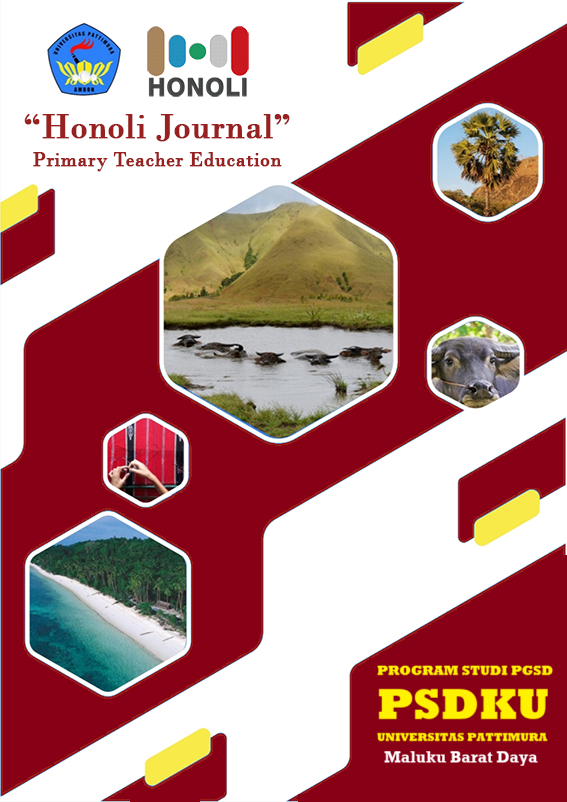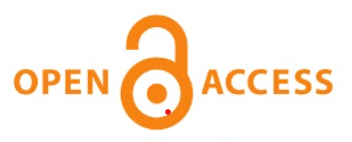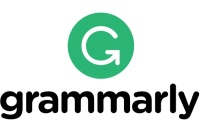Improving Civics Learning Outcomes through the Cooperative Learning Model Teams Games Tournament among Fourth Grade Students at Tiakur Elementary School
Abstract
This study aims to improve the learning outcomes of Civics students of grade IV of Tiakur State Elementary School through the Teams Games Tournament cooperative learning model. This classroom action research involved 30 students with data collection techniques through observation and written tests. The results showed a significant increase from cycle I to cycle II, where the percentage of students achieving scores above the KKM increased from 32.14% to 100%, with an average final score of 76.66. The application of the Teams Games Tournament model has proven effective in creating an interactive and enjoyable learning atmosphere, so that it can improve student learning outcomes.
Downloads
References
Andryannisa, A. M., Wahyudi, A. P., & Sayekti, S. P. (2023). Upaya Meningkatkan Hasil Belajar Siswa Dengan Menggunakan Metode Resitasi Pada Mata Pelajaran Akidah Akhlak di SD Islam Riyadhul Jannah Depok. Pediaqu: Jurnal Pendidikan Sosial Dan Humaniora, 2(3), 11716. https://publisherqu.com/index.php/pediaqu
Capperucci, D. (2015). Self-Evaluation and School Improvement: The Issemod Model to Develop the Quality of School Processes and Outcomes. IJAEDU- International E-Journal of Advances in Education, 1(2), 56. https://doi.org/10.18768/ijaedu.95839
Lasaiba, M. A., & Lasaiba, D. (2022). Penerapan Model Pembelajaran Cooperative Script Untuk Meningkatkan Hasil Belajar Geografi. Jurnal Basicedu, 6(6), 9827–9839. https://doi.org/10.31004/basicedu.v6i6.3705
Mboa, M. N., & Ajito, T. (2024). Meningkatkan Hasil Belajar dengan M Meningkatkan Hasil Belajar dengan Menggunakan Model Pembelajaran Problem Based Learning (PBL) pada Materi Peluang Siswa Kelas VIII SMPK St. Theresia Kupang enggunakan Model Pembelajaran Problem Based Learning (PBL) pada. Journal on Education, 06(02), 12296–12301. http://jonedu.org/index.php/joe
Ofita, C., & Sururi, S. (2023). Kompetensi Pedagogik Guru Abad 21 : Tinjauan Peran Guru Menghadapi Generasi Alpha. Jurnal Tata Kelola Pendidikan, 5(2), 101–110. https://doi.org/10.17509/jtkp.v5i2.64847
Rai, I. G. A., Suryatini, K. Y., & Budiyasa, I. W. (2017). Upaya Meningkatkan Motivasi Dan Hasil Belajar Melalui Penerapan Beberapa Metode Pembelajaran Inovatif. Emasains, 2(7), 180–193. https://doi.org/10.5281/zenodo.3539110
Rusman. (2012). Model-Model Pembelajaran: Mengembangkan Profesionalisme Guru. Rajawali Press.
Sanjaya, W. (2013). Strategi pembelajaran: Berorientasi standar proses pendidikan. Prenada Media Group.
Sari, I. J., & El Islami, R. A. Z. (2020). The Effectiveness of Scientific Argumentation Strategy towards the Various Learning Outcomes and Educational Levels Five Over the Years in Science Education. Journal of Innovation in Educational and Cultural Research, 1(2), 52–57. https://doi.org/10.46843/jiecr.v1i2.17
Setiawan, B., & Suwandi, E. (2022). The Development of Indonesia National Curriculum and Its Changes: The Integrated Science Curriculum Development in Indonesia. Journal of Innovation in Educational and Cultural Research, 3(4), 528–535. https://doi.org/10.46843/jiecr.v3i4.211
Utami, I. S., Denny, Y. R., & Guntara, Y. (2020). Peningkatan Kompetensi Penelitian Tindakan Kelas Dan Banten. Prosiding Seminar Nasional Pengabdian Kepada Masyarakat, 20. https://journal.unj.ac.id/unj/index.php/snppm/article/view/19664
Wicaksono, D., & Iswan. (2019). Upaya Meningkatkan Hasil Belajar Peserta Didik Melalui Penerapan Model Pembelajaran Berbasis Masalah di Kelas IV Sekolah Dasar Muhammadiyah 12 Pamulang, Banten. HOLISTIKA: Jurnal Ilmiah PGSD, 3(2), 111–126.doi: https://doi.org/10.24853/holistika.3.2.111-126
Widyasari, D., Miyono, N., & Susilo, A. S. (2024). Peningkatan Hasil Belajar melalui Model Pembelajaran Problem Based Learning. Jurnal Inovasi, Evaluasi Dan Pengembangan Pembelajaran (JIEPP), 4(1), 61–67. http://journal.ainarapress.org/index.php/jiepp
Yandi, A., Putri, A. N. K., & Putri, Y. S. K. (2023). Faktor-Faktor Yang Mempengarui Hasil Belajar Peserta Didik (Literature Review). Jurnal Pendidikan Siber Nusantara, 1(1), 13–24. https://doi.org/https://doi.org/10.38035/jpsn.v1i1






